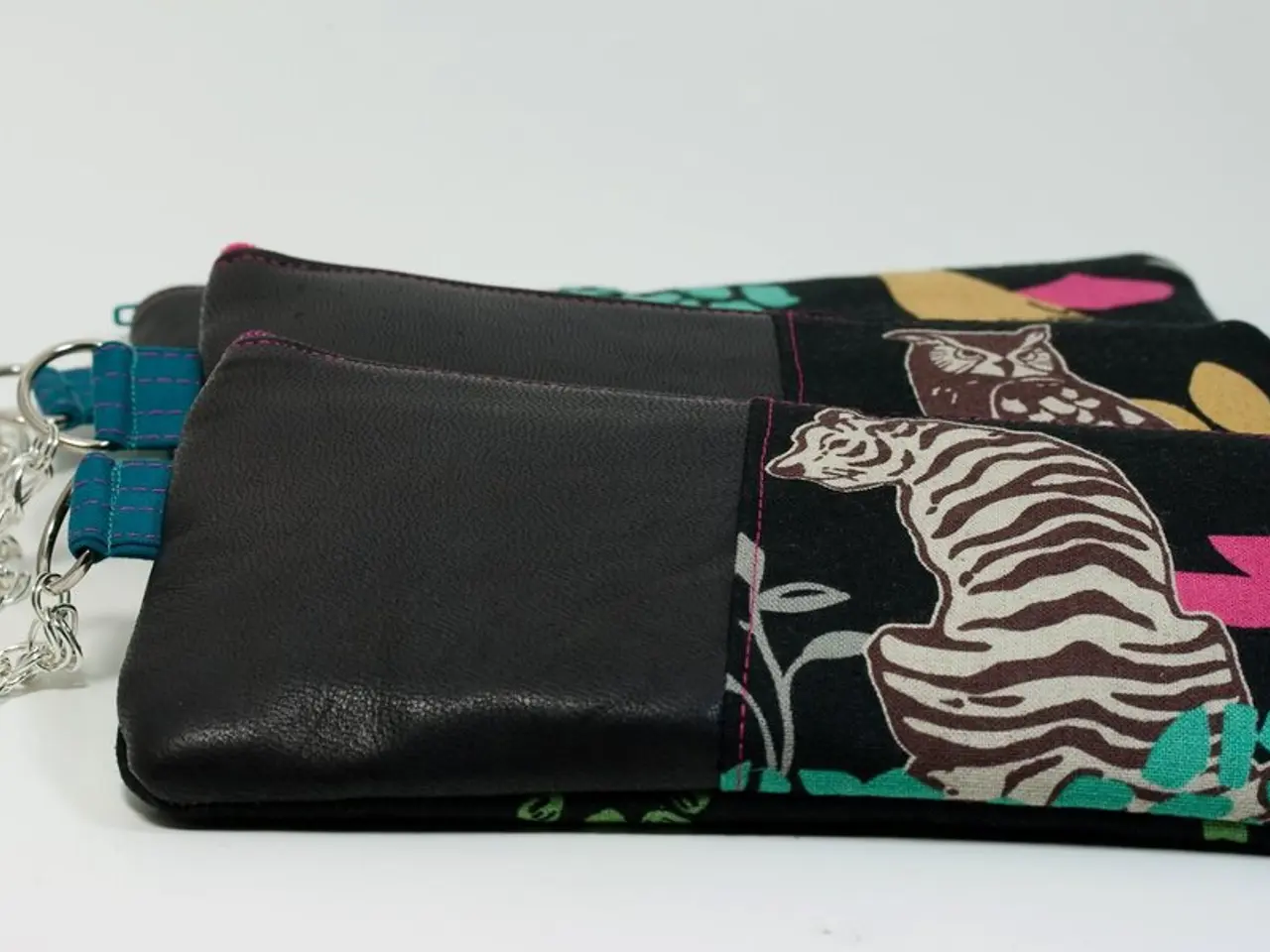Cryptocurrency giant Binance partners with Spain's second-largest bank, BBVA, to secure customer margin accounts for trading in government bonds.
In a significant move, crypto exchange Binance has partnered with Spanish bank BBVA to hold customer collateral off the exchange in a landmark custody deal. This partnership introduces traditional bank-backed safeguards, separating custody from trading activities, and positions Binance to offer a more secure and transparent trading environment [1][2][3][4][5].
The arrangement sees BBVA, a major Spanish bank, acting as an independent custodian, holding customer crypto assets in U.S. Treasury securities. These bank-held assets will be accepted by Binance as margin for trading, thereby reducing counterparty and operational risks [1][2][3][4].
This collaboration bridges the gap between crypto and conventional finance, offering regulated custody solutions that aim to restore investor confidence amidst the ongoing scrutiny and scandals in the crypto sector. The partnership responds to past crypto exchange failures, providing greater assurance against theft, misuse, or insolvency risks [1][2][3][4].
BBVA's involvement brings trust and regulatory oversight typical of traditional finance, making the platform more appealing to institutional investors who seek risk-averse, regulated assets. This move reflects a broader trend among crypto exchanges to partner with established banks to enhance safety and regulatory compliance [1][2][3][4][5].
Key details include the physical segregation of customer funds from Binance’s balance sheet, the separation of trading activity from custody, and the use of U.S. Treasury securities as collateral. The arrangement keeps funds with the bank rather than the exchange, creating a custody arrangement. This move reduces exposure to the exchange's operational risks and brings crypto trading margins closer to the same protections as traditional derivatives markets [1][2][3][4].
Pauline Shangett, chief strategy officer at ChangeNOW, stated that this move is one of the clearest signs yet that crypto market infrastructure is maturing to TradFi standards. BBVA, Spain's second-largest bank by assets, holds approximately €772 billion (US$835 billion). Over the past year, BBVA has deepened its crypto footprint, becoming the first traditional bank in Spain to offer Bitcoin and Ethereum trading and custody to retail clients [1][2][3][4].
The partnership is a significant step towards improving trust in the crypto market. Parking crypto margin in U.S. Treasuries with a regulated bank is as close as you get to a safety net in this industry. This move with BBVA reduces Binance's operational risks and brings crypto trading margins closer to the same protections as traditional derivatives markets [1][2][3][4].
It's worth noting that Binance's founder, Changpeng Zhao, was convicted and briefly imprisoned. BBVA obtained a MiCA license from the country’s financial markets regulator in March, which allowed it to offer Bitcoin and Ethereum trading and custody to retail clients [1][2][3][4]. The collateral can include U.S. Treasuries, which Binance will accept as margin for trades.
In conclusion, the partnership between Binance and BBVA signifies a maturing crypto market integrating with the traditional financial infrastructure. By leveraging BBVA’s institutional-grade custody services, Binance aims to increase transparency and security, attracting cautious investors and institutional clients. This move demonstrates that big banks aren’t just watching crypto anymore—they’re looking for ways to plug in where TradFi safety meets digital asset growth [1][2][3][4][5].
References: [1] https://www.bbva.com/en/news/bbva-and-binance-sign-strategic-agreement-to-offer-custody-services-in-the-us/ [2] https://www.reuters.com/business/finance/binance-partners-bbva-hold-client-collateral-us-treasuries-2023-04-20/ [3] https://www.coindesk.com/business/2023/04/20/binance-partners-with-bbva-to-hold-client-collateral-in-us-treasuries/ [4] https://www.bloomberg.com/news/articles/2023-04-20/binance-partners-with-bbva-to-hold-client-collateral-in-us-treasuries [5] https://www.theblockcrypto.com/linked/118364/binance-partners-with-bbva-to-hold-client-collateral-in-us-treasuries
- Binance, in partnership with Spanish bank BBVA, will keep customer crypto assets in U.S. Treasury securities, using these as margin for trading, aiming to lower counterparty and operational risks.
- The collaboration between Binance and BBVA bridges the gap between crypto and conventional finance, introducing traditional bank-backed safeguards and offering regulated custody solutions.
- BBVA's involvement as an independent custodian for crypto assets increases trust and brings regulatory oversight typical of traditional finance to the platform.
- The arrangement separates trading activity from custody and keeps funds with BBVA instead of Binance, reducing exposure to the exchange's operational risks.
- This partnership positions Binance to offer a more secure and transparent trading environment, allowing it to attract cautious investors and institutional clients.
- The use of U.S. Treasury securities as collateral in this partnership brings crypto trading margins closer to the same protections as traditional derivatives markets.
- The partnership between Binance and BBVA demonstrates that traditional banks are no longer simply observing the crypto market, but are actively seeking ways to integrate with it and provide safety for digital assets.




